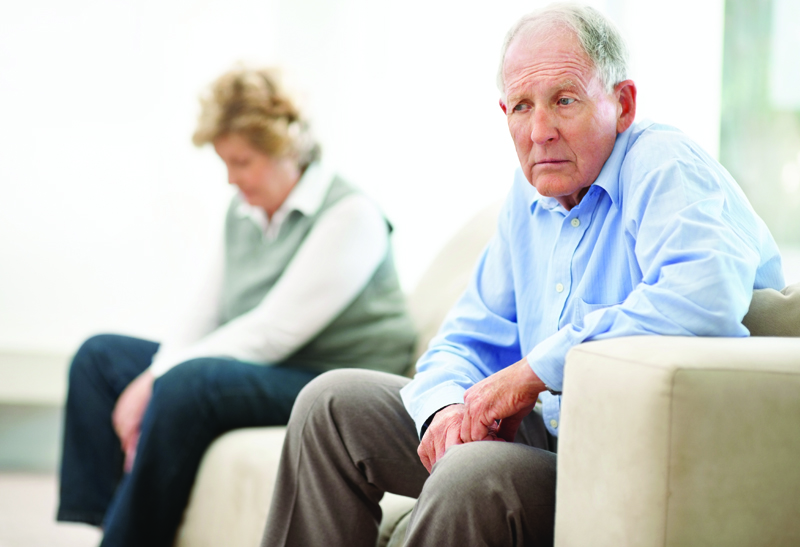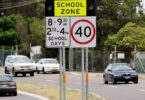Respect for older family members is a primary protection
Elder abuse is any act which causes harm to an older person and is carried out by someone they know and trust such as a family member or friend.
The abuse may be physical, social, financial, psychological or sexual and can include mistreatment and neglect.
WEAAD was officially recognised by the United Nations General Assembly in December 2011, following a request by the International Network for the Prevention of Elder Abuse (INPEA), who first established the commemoration in June 2006.
According to the World Health Organisation, prevalence rates or estimates exist only in selected developed countries – ranging from 1 to 10 per cent.
Although the extent of elder mistreatment is unknown, its social and moral significance is obvious.
In most cases elder abuse is an intergenerational form of family violence. In 2016-17, people aged 60 years or over made up just over 5,400 of the family members affected in family violence incidents recorded by Victoria Police (Crime Statistics Agency).
Seniors Rights Manager Jenny Blakey said there was a growing acknowledgement of elder abuse as a form of family violence but still a big disconnect when it came to the highest incidence of abuse – financial – which accounts for 75 per cent of abuse cases managed by the state-wide elder abuse support service.
“Just as respectful relationships within families help prevent family violence, respect for older family members is a primary protection against elder abuse, particularly when it comes to a family’s financial arrangements,” Ms Blakey said.
“Older people are essential in the fabric of our society. It’s time for us to acknowledge their importance and recognise they are entitled to the respect of their communities and especially their families. There is no excuse for elder abuse.”
Older people experiencing elder abuse, or family members concerned about an older person, can get help by calling Seniors Rights Service on 1800 424 079, Monday to Friday, from 9am to 5pm. More info at seniorsrights.org.au.
What are the warning signs of elder abuse
WARNING signs of elder abuse may include an older person seeming fearful, anxious or isolated.
There may be injuries, or an absence of personal care.
Disappearance of possessions, unexplained financial transactions, and changes to a will, property title or other documents are also of concern.
While the mistreatment of an older person may be carried out by one family member, it is often other family members who are best placed to support their parent or grandparent against the abuse, provided they recognise what is happening.
Like other forms of family violence, most elder abuse occurs behind closed doors, so it is important for loved ones to watch out for signs, listen and offer help.
Older people can reduce the risk of elder abuse by making sure their financial, medical, legal and other affairs are clearly stated and recorded in a family.
Older people must also be empowered to recognise the signs of elder abuse and encouraged to state when they are not comfortable with an arrangement.





